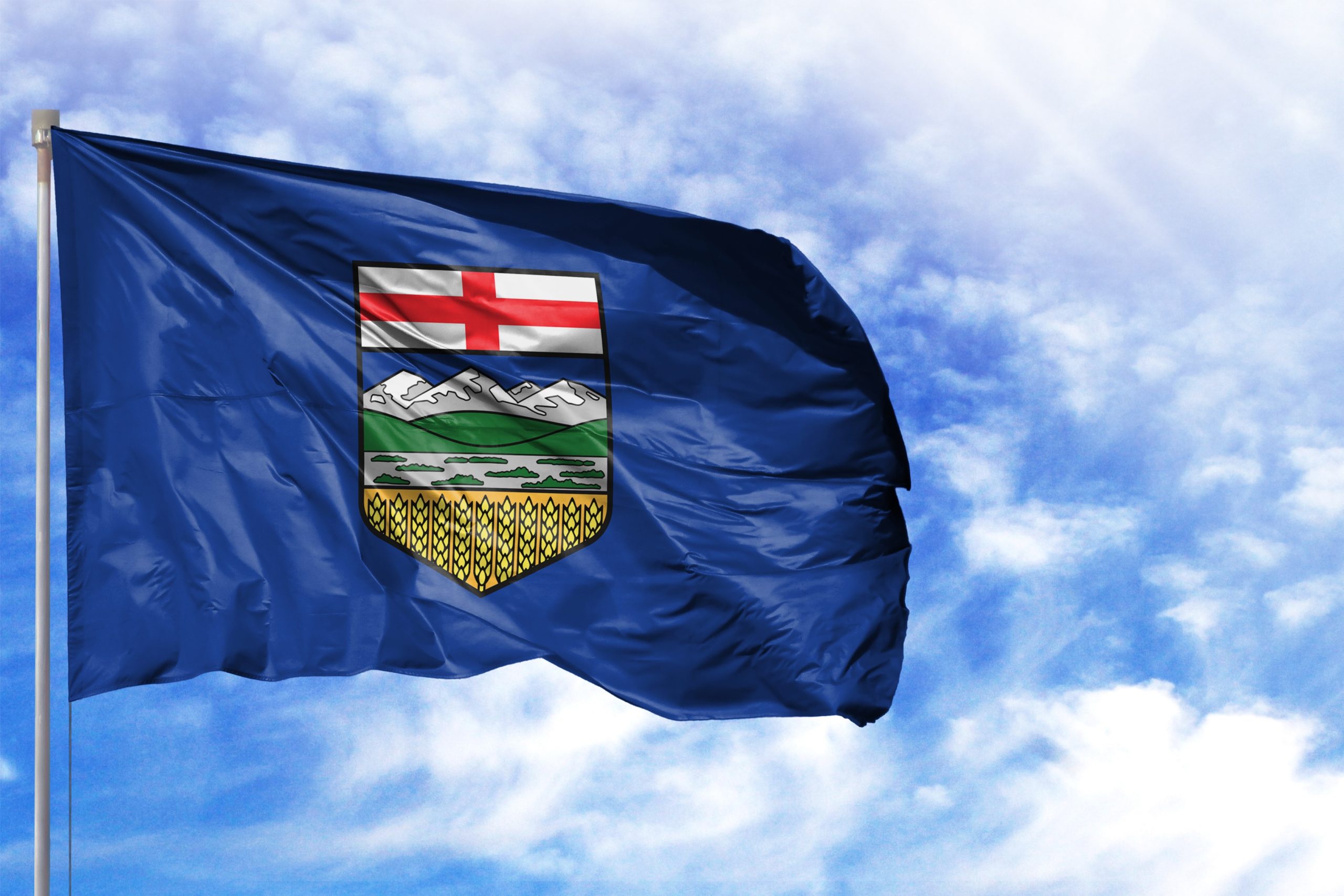
Alberta to begin consultations with gaming stakeholders this year
The province continues to explore gaming expansion
After Alberta set aside $1 million in its 2024 budget to assess the potential of a regulated gaming and betting market, the province says it will begin discussions with industry stakeholders later this year.
The province has not formally announced a timeframe for taking solid steps toward exploring the potential of gaming in the province. But after the announcement of the funding for a review of the province’s Gaming, Liquor, and Cannabis Act in March, Canadian Gaming Business reached out to the office of Dale Nally, Minister of Service Alberta and Red Tape Reduction.
A spokesperson for the minister told us that the government will hold discussions with a variety of parties this year.
“The province will engage with traditional casino operators, Racing Entertainment Centre operators, and First Nations starting this year to hear their perspectives on opportunities to expand iGaming in Alberta in a way that makes sense for our province, its market, and Albertans,” said the spokesperson.
“Alberta’s government is committed to working with all partners to finish developing and implementing Alberta’s online gaming strategy, with a focus on responsible gaming. It is important that any expansion of Alberta’s iGaming strategy is done in a way that makes sense for our unique gaming market and serves the interests of all Albertans.”
The province’s gaming act was last updated in December 2022.
The Alberta Court of Appeal upheld PlayAlberta’s right to exclusively operate last year, but the push from Nally and other proponents for a regulated opening of the industry continues.
Alberta looks to Ontario’s success
The review outlined in the budget seeks to determine how viable an open online gaming market would be for Alberta. A particular focus is on exploring ways of “reducing the regulatory burden on business and finding ways to increase contributions to Alberta charities and community facilities.”
Alberta currently offers online gambling only through its government-owned platform, PlayAlberta, managed by the Alberta Gaming, Liquor and Cannabis Commission (AGLC). That gives legal Alberta online sports betting a similarly monopolised set-up as the one that was in place in Ontario before that province opened its doors to privately operated iGaming providers and sportsbooks in April 2022.
Alberta is the fourth-largest province in Canada by population at around 4.7 million, roughly comparable to U.S. states such as Kentucky and Louisiana. It is also home to numerous sports teams including the Edmonton Oilers and Calgary Flames NHL franchises as well as two CFL teams.
Advocates of a provincial regulated market argue that allowing third-party online gaming and betting within an established legal framework to serve a sizeable audience of betting enthusiasts and sports fans would bring significant revenue for the province. Nally said last month that Alberta’s “low corporate taxes, streamlined regulations, and high disposable income” suit it well to becoming an iGaming destination.
Comparing the existing Ontario open market with a hypothetical Alberta expansion is challenging, not least because there is no guarantee that Wild Rose Country will adopt a similar framework. Ontario’s push for an open gaming market, from advocacy to establishing the regulatory framework, took years before the province ultimately decided not to limit the number of operators who could apply for licensing. That may or may not be the approach Alberta would take.
But it’s easy to understand why Nally and fellow advocates are keeping an eye on Ontario. The province took nearly $2.5 billion in revenue in its second year and has yielded hundreds of millions of dollars from gaming in tax revenue alone in its first two years. Several companies active in the Ontario market, such as PointsBet and BetMGM, have publicly stated they see a big opportunity in Alberta should it open its doors to third-party operators.
The Alberta budget projected that as things stand with PlayAlberta as the only legal avenue for gaming, net income from gaming, lottery, liquor and cannabis sales in 2024-25 will decline due to a rise in operational expenses from system upgrades and modernization.
Working with First Nations top of mind
It is not surprising he statement from Nally’s office specifically mentions First Nations as a consultation group. The province has long insisted that it will keep indigenous communities front and centre when discussing potential gaming expansion.
Alberta has numerous brick-and-mortar casinos on First Nations land and operated or jointly operated by First Nations, including Bear Hills Casino, Eagle River Casino and River Cree Resort. Ensuring they are an important part of the conversation around expanding the province’s digital gaming market is top of mind.
Alberta Premier Danielle Smith‘s July 2023 mandate letter to Nally emphasized that he must work with indigenous partners to “finish developing and implementing Alberta’s online gaming strategy with a focus on responsible gaming and provincial and indigenous revenue generation.”
The 2024 budget’s wording again makes it clear that one of the key objectives for the ministry is to “work with Indigenous partners and stakeholders to advance the development of an online gaming strategy for Alberta.”